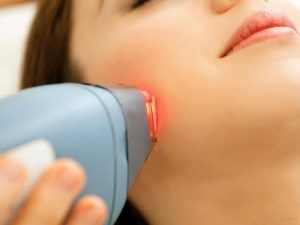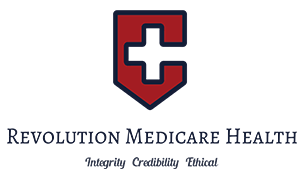Lasers

In cosmetic surgery, lasers have been developed for skin resurfacing and removal of wrinkles, tattoos and unwanted hair.
Laser skin resurfacing, also known as a laser peel, laser vaporization and lasabrasion, can reduce facial wrinkles, scars and blemishes. Newer laser technologies give your plastic surgeon a new level of control in laser surfacing, permitting extreme precision, especially in delicate areas.
What laser skin resurfacing can improve
- Fine lines or wrinkles around or under your eyes, forehead or mouth
- Scars from acne or chickenpox
- Non-responsive skin after a facelift
- Aged or sun-damaged skin
- Liver spots
- Improve your complexion if you have yellowish or grayish skin tones
- Warts
- Birthmarks such as linear epidermal nevi
- Enlarged oil glands on the nose
Laser Types for Different Cosmetic Uses
- Fine Lines and Wrinkles : For treating lines and wrinkles, a combination of skin resurfacing and skin-tightening procedures can be used.
- Skin Tightening : Most cosmetic laser procedures provide at least some level of superficial tightening because they produce a controlled injury of the skin, which encourages increased collagen production
- Pigmented Lesions : The most commonly used lasers for the treatment of pigmented lesions, such as sun spots, age spots, melasma and other forms of hyperpigmentation
- Precancerous Lesions
- Vascular Lesions : Vascular lesions include broken blood vessels on the face, unsightly spider veins on the legs, spider nevi, hemangiomas, and certain birthmarks such as port wine stains.
- Tattoos
- Hair Removal
- Acne and Acne Scars
